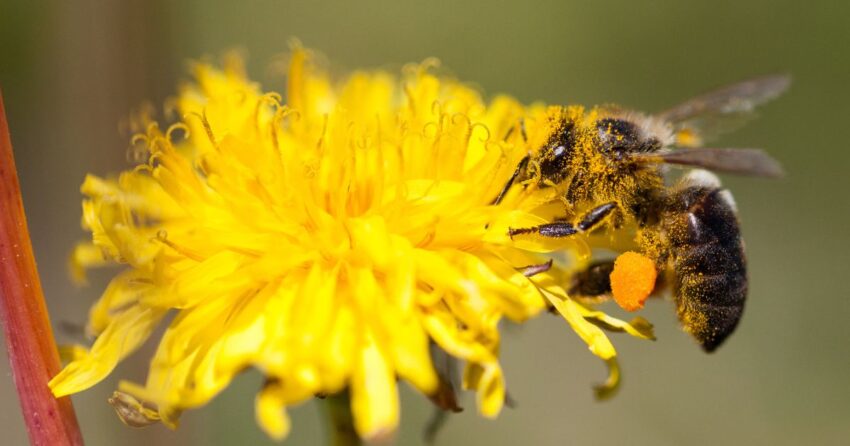If you want to maximize the yield and quality of your vegetable garden, attracting pollinators is a must. Pollinators such as bees, butterflies, and other insects play a crucial role in transferring pollen between plants, which leads to fertilization and the production of fruits and vegetables. Without pollinators, your garden may not produce as much food as you’d like. Here are 10 tips for attracting pollinators to your vegetable garden:
Plant a variety of flowering plants: The more flowering plants you have in your garden, the more pollinators you’ll attract. Be sure to plant a variety of flowers that bloom at different times throughout the growing season to provide a continuous source of nectar and pollen.
Choose native plants: Native plants are adapted to your local climate and soil, making them more attractive to pollinators. Research which native plants are best suited for your area and include them in your garden.
Avoid pesticides: Pesticides can be harmful to pollinators, so avoid using them if possible. If you must use pesticides, choose products that are specifically labeled as safe for bees and other beneficial insects.
Provide shelter: Pollinators need shelter to rest and hide from predators. Include a variety of plants with different heights and textures to provide hiding places for pollinators.
Create a water source: Pollinators need water to survive, so include a shallow dish of water in your garden. Be sure to keep the water clean and change it frequently.
Include host plants: Some pollinators, such as butterflies, need specific host plants to lay their eggs and feed their larvae. Research which host plants are needed for the pollinators in your area and include them in your garden.
Plant in clusters: Planting flowers in clusters makes them more visible to pollinators and easier to navigate. Be sure to plant clusters of the same flower species to make it easier for pollinators to find them.
Add a bee house: Bee houses provide shelter for solitary bees, which are important pollinators. You can purchase or make your own bee house to add to your garden.
Consider a variety of pollinators: Bees are the most well-known pollinators, but other insects such as butterflies, moths, and flies also play an important role in pollination. Include a variety of plants that will attract a variety of pollinators.
Plant cover crops: Cover crops such as clover, buckwheat, and vetch provide a source of nectar and pollen for pollinators during periods when there are fewer flowers blooming. Plus, cover crops help improve soil health and prevent erosion.
Attracting pollinators to your vegetable garden takes some effort, but it’s well worth it for a bountiful harvest. By following these tips, you’ll create a garden that is not only beautiful but also productive and beneficial for the environment.

